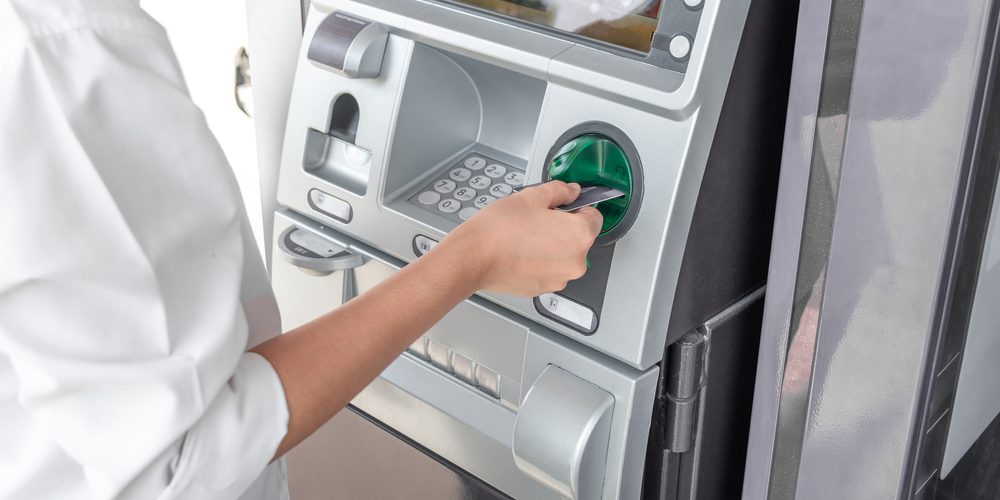Maybe you’re fed up with your current bank’s poor customer service, high fees, or lack of available ATMs. Or perhaps you’re looking for a place to stash your cash instead of under the mattress. Regardless of why you need a new bank, you’ll need to research your options before sticking to one.
What should you look for in a financial institution? Here are some of the basics:
STOP!
Do you need a financial reset? If you owe more than $10,000 here is a debt relief resource available to help you today.
1. Banks versus credit unions.
Banks are for-profit, while credit unions are nonprofit. While you may not be too worried about that distinction, you’d probably like to know how each stacks up to one another.
In terms of interest, credit unions often offer higher rates on checking and savings accounts, so you can earn more on keeping your money in one versus a bank.
Credit unions also tend to offer lower fees than banks. Some may have free checking and savings accounts, while banks may charge a monthly maintenance fee for the same services.
Beyond maintenance fees, you’ll have to consider the possibility of overdraft fees. Banks tend to charge higher in this regard, so when it comes to fees in general, credit unions may be the more attractive option.
If you’re going to need a loan from your financial institution, a credit union could be the better option. Many credit unions offer lower interest rates on personal loans, car loans, and home loans than banks do. You could find it easier to get a credit card from a bank, however.
Are you looking for rewards when making purchases with your money? Banks often win this department, so if you’re seeking cash-back perks, keep them in mind.
In terms of convenience, banks tend to be more widespread, while credit unions are local. This could be an issue if you travel a lot and need nationwide access to your cash via ATMs or branches.
Since credit unions are more local, their customer service often beats banks. Your mileage may vary here, however, especially if you’re looking at a small bank that’s strong in customer service.
Lastly, a bank may be easier to join, as credit unions can sometimes limit membership to specific employers, locations, and the like.
2. Online versus brick and mortar.
Do you want more face-to-face time with the people holding your money? If so, a bank or credit union with actual locations you can visit may be your best bet.
If you don’t mind talking to customer service reps over the phone, however, an online bank may suffice.
Such banks may incur ATM fees due to a lack of locations, though, so keep that in mind. You can check beforehand if an online bank reimburses ATM fees to play it safe.
3. Compare perks.
As stated above, banks and credit unions bring different benefits to the table. You’ll want to weigh the advantages and disadvantages each prospective institution has before deciding on one.
4. Personal opinions and online reviews.
Ask friends, family, and coworkers if they can recommend any banks or credit unions. Personal recommendations are great for gaining insight into how an institution works and treats its customers.
You can also look for reviews online. If you notice plenty of bad reviews for a particular institution, stay away. Doing so will help you prevent a future financial headache.





